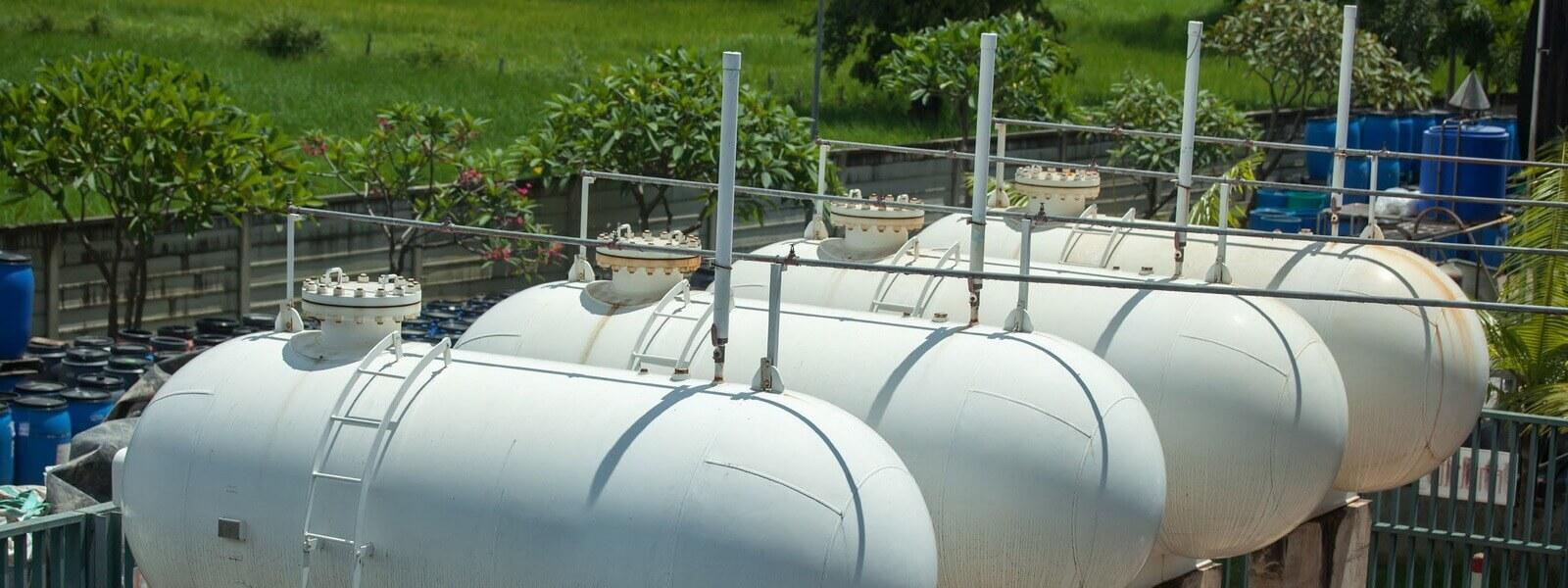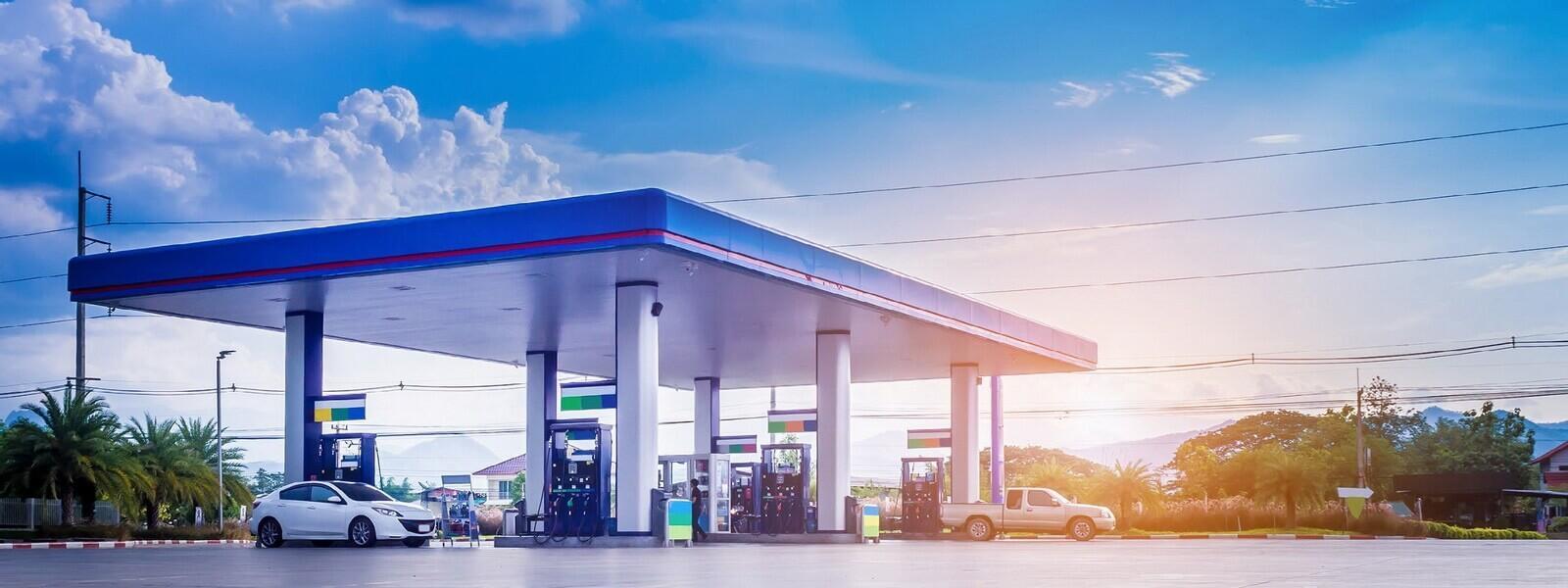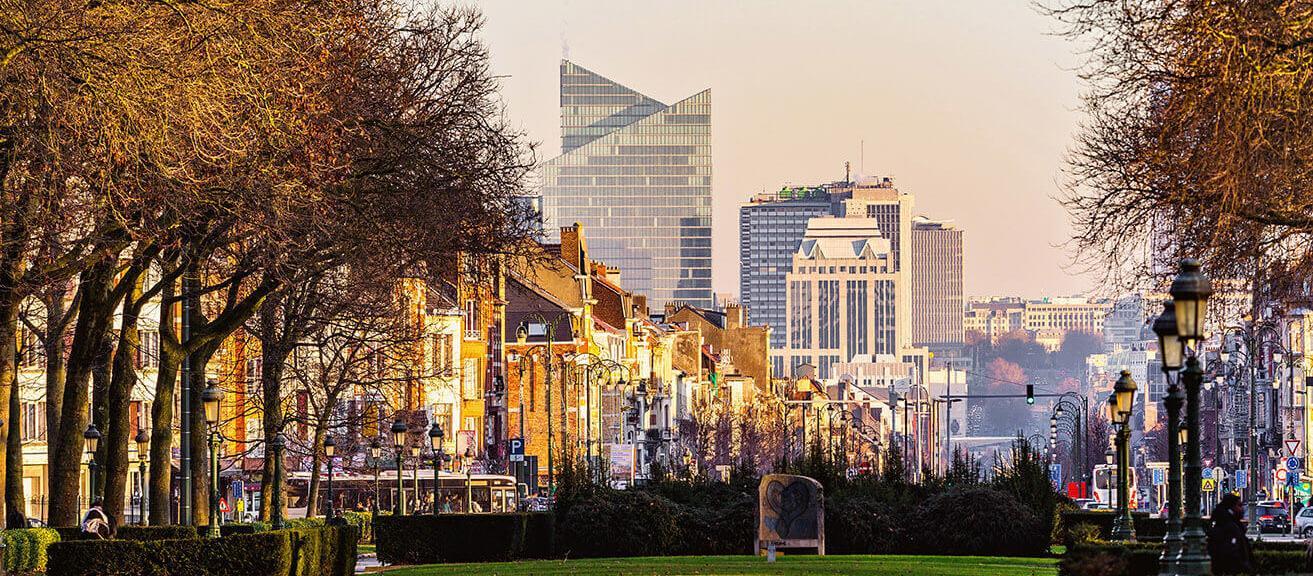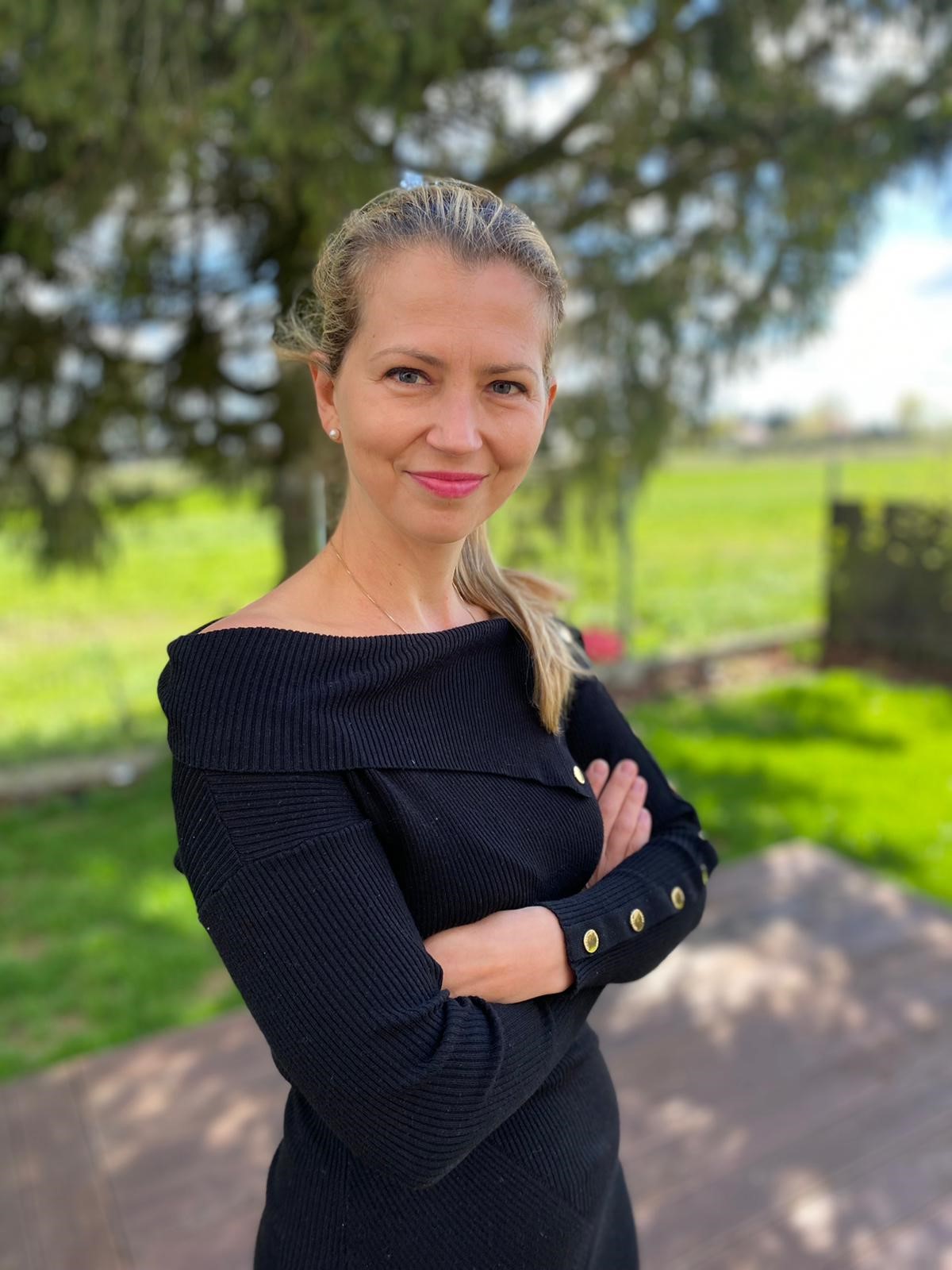
This article is part of a three-part series published in Brussels media by Liquid Gas Europe. This article was published on the Parliament Magazine, which you can find here.
'If we want to build high then, we must dig deep’, says one Mongolian proverb. But what does this mean for Europe as we embark on a ‘renovation wave’ in the wake of the COVID-19 pandemic?
European Commissioner for Energy Kadri Simson announced at the European Parliament’s Industry, Research and Energy Committee last month that the renovation wave will be depended upon to spur economic recovery and energy improvements.
So how can we build high, and achieve a successful long-term recovery? What does it mean to dig deep, and prepare the ground for a zero emissions future?
Well it means we need structural foundations that can support our buildings now. But we also need foundations that are still fit for purpose as we adapt our buildings to new types of fuel. In short, we don’t want to dig the house up to change the foundations.
We know that the Commission’s objective is to achieve carbon neutrality, and at the lowest possible cost. Part of this will mean looking for solutions that bring emissions down quickly and effectively in the short term, without high costs further down the line.
Almost three-quarters of European heating demand for family homes is consumed in rural areas. In addition, highly polluting energy sources, such as heating oil or coal, are still prevalent in rural areas. So, there is enormous potential to reduce emissions here; and a simple solution for doing it.
Several Member States have introduced heating oil bans, but far more can be done. Switching from an oil or coal boiler to a gas boiler can reduce emissions by 25 percent and 50 percent respectively. When switching from coal, there are also significant improvements to air quality.
As we begin a long recovery from the COVID-19 pandemic, we want to find ways of reducing emissions that do not further challenge middle or low-income homes: the area of society most at risk to suffer from the economic recession triggered by the pandemic.
The high upfront costs of installing an electric heat pump often make the technology prohibitive. But gas heating appliances offer a viable, immediate solution. Especially in rural areas where the choice of energy sources is limited, and electricity networks tend to be underdeveloped.
Using renovation funding effectively could give homeowners across Europe an opportunity to sustainably reduce energy bills. For example, in Poland, where coal is used predominantly and there are associated air quality issues, it is estimated that switching to a modern condensing gas boiler could reduce emissions by 85 percent over a lifetime, and annually save almost €400 on their energy bill.
According to a Europe-wide survey conducted by Savanta ComRes last year, 50 percent of Europeans are willing to use less energy to reduce their own emissions. Switching to gas would enable citizens who currently use oil and coal to achieve this. Interestingly in Poland, 40 percent of respondents said they would like to switch from coal to gas.
The same poll found that only 14 percent of the respondents that had gas already would consider changing to an electric heat pump. High upfront installation costs and renovation inconvenience were cited as reasons against the change.
As the BioLPG (the blend-in renewable equivalent to LPG) market grows, domestic heating appliances become better and better suited for swift adaptation to decarbonised and renewable gases. Whether LPG boilers or natural gas boilers, the gas industry is making clear and conscious preparations for the future.
Great achievements often follow great challenges. We believe that the Coronavirus pandemic could advance the climate and the zero-pollution agenda. As we begin on a renovation wave to boost the economy, offer employment and improve the energy performance of buildings; we call on the European Commission to consider all improvements that will result in less emissions.
Especially if these improvements can also result in savings for Europeans across the continent, and through the economic uncertainty that will follow this crisis. By switching to efficient gas solutions, Europe can make immediate improvements now, and plan for the future.
If we want to build high, then we must dig deep. And while we do so we must lay strong foundations for a clean energy future.










